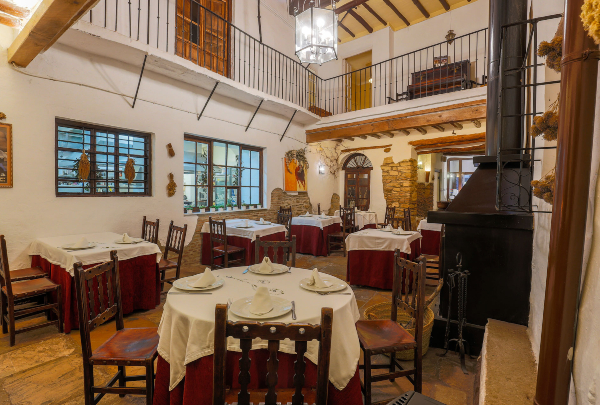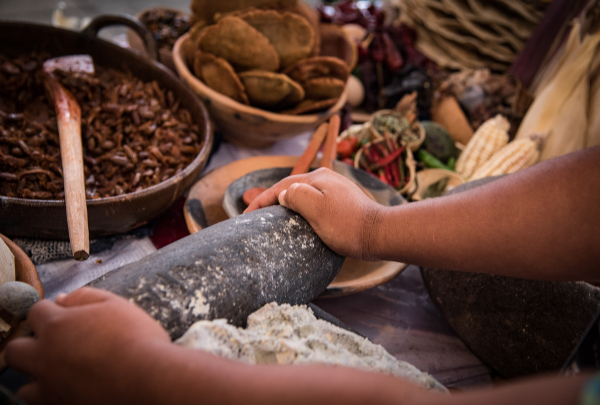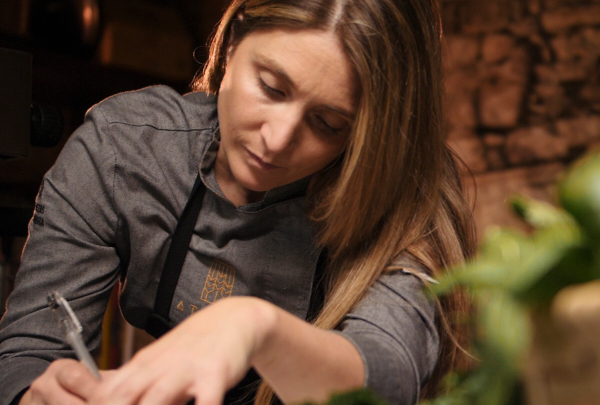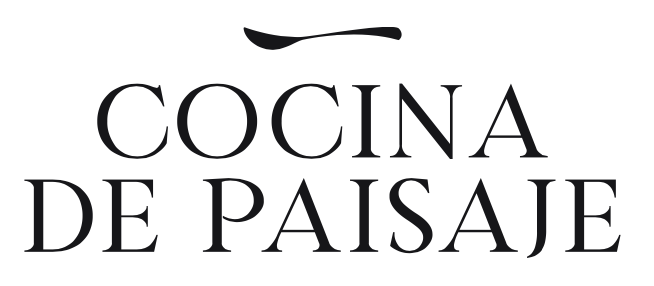Interview
Narda Lepes: “I take on women over 60 to work on the restaurant floor because they're better at conversation than a 20-year old”
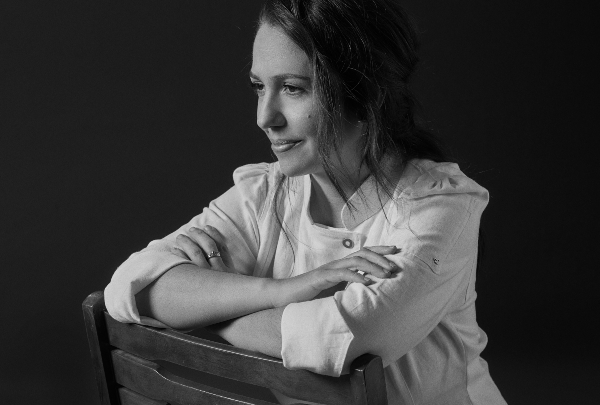
From 13 to 15 September the Argentinian chef and presenter will be at FéminAS.
Some may not have heard of her, but Narda Lepes is quite a celebrity in Latin America. The Argentinian chef and presenter is one of the international personalities who will be in Asturias from 13 to 15 September at the first FéminAS gastronomy congress focusing on the role of women, especially women in rural areas, in conveying culinary memory. An event at which the year's best Latin American chef, according to "50 Best", is keen to "listen and learn".
-What can a famous, well-travelled female urbanite learn from rural female chefs?
From the human perspective, countless things. I spend my life all over the place, but I don't have the experience you gather when you spend your entire life doing the same thing in the same place. That gives you an insight into things that are permanent, and also things that are fleeting. Society attaches more importance to speed or exposure, but I believe that both life models are valuable. I recall a trip to Morocco when I ended up cooking with a chef's grandmother - we didn't speak the same language, but we understood each other through food, and it was a splendid experience.
-What are your culinary roots? How, when and with whom did your vocation as a chef emerge?
All my family eat great food. My mum and my grandmothers were accomplished cooks, and one of them was of Catalan origin. My parents were kind of hippies - we travelled a lot, and I got used to experimenting with things from a very early age. As I grew up I realised that not all food was so good, and I began to cook so that I could eat increasingly better food. There was no huge revelation, and I just told my parents 'I want to be a chef', so things developed naturally.
-You went to Paris aged 20 to learn in the home of gastronomy. What do you remember about those years of learning?
There I learned how to work and how to put in hours, and the importance of a leader who knows how to prepare their team properly. This was the mid-90s, and I was usually the only woman in the kitchen. I had to put up with all the jokes, but I've never been one for keeping my mouth shut.
-You've been quoted as saying “my bottom has been touched up in kitchens a thousand times”. Did you feel harassed?
My character is such that if someone touches my bottom, I turn around and deal with it, but that didn't traumatise me. My mum is a woman who gives as good as she gets, and she gave me the tools to refuse to accept these situations, but not all women are like that, and there must be an atmosphere of respect in a kitchen. What annoys me most is situations in which a man has taken all the credit for something I've done, and there's been a lot of that. It's frustrating and exhausting.
-You've been on television for 20 years in Argentina. How has your celebrity status affected your profession?
- I've always attempted to include other interests in my life, and to go on cooking because I like it. There was a time when I was on the telly all day, and by the time I got back to the restaurant everything had been done. That leads you into bad habits, and now I only cook when someone chops the onion! But fame has also given me opportunities, such as the chance to work in the food industry. At first they would ring me to sell mayonnaise, but I told them what I wanted was to work to make it better. It astounds me that decisions in the industry are sometimes taken by people who have nothing whatsoever to do with cookery.
-On television you strive to foster a healthy lifestyle. Define healthy food.
I try to shun words such as nutritious, healthy or sustainable, because they've been bandied around so much that they've lost their meaning. My motto is to eat well, and to eat worthwhile food. You think some things are great because they contain chemicals that stimulate the brain. Eating well doesn't mean eating empty, false food, but it also brings wealth to producers. As for worthwhile food, this doesn't just depend on a personal decision - the authorities also have to get involved. If a community has hardly any drinking water, its food can't be worthwhile.
-You question the predominance of meat in a country such as Argentina - has this caused you any problems?
The problem isn't eating roast meat once a month, it's eating roast meat twice a week with an intake of almost 800 grams of meat per person. It's madness, it makes no sense. I'm not against killing an animal to make artisan “morcilla” - I don't agree with the scale on which meat is produced for disproportionate consumption. But I always try not to convey any controversy in my messages. If you say people should never eat meat, someone will always come along to say the opposite. How about us all eating a little less meat or a little less sugar? My goal is to make people think, but not to indoctrinate.
-At her Narda Comedor restaurant she only takes on women over 60 years old to work on the restaurant floor. What do they have that a 20-year old doesn't?
Conversation, experience, what they know about life, the way they talk to you. It all started when I was working with my aunt on a television programme. There I noticed the energy in women like her, the desire they had to get out of the house, how full of life they are, and the few opportunities they have. They might not know how to open a bottle of wine, but I can teach them that. Everything they lack in the protocol of service they make up for with their character and personality.

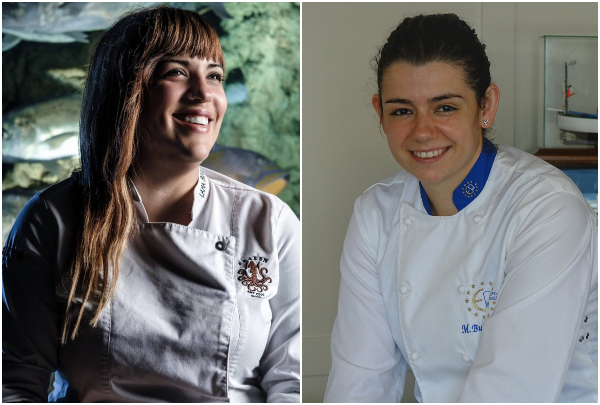
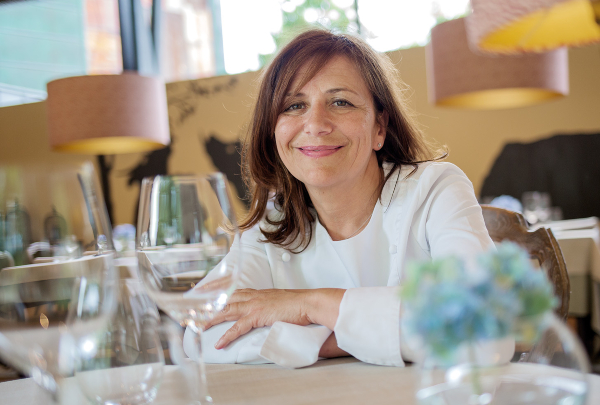
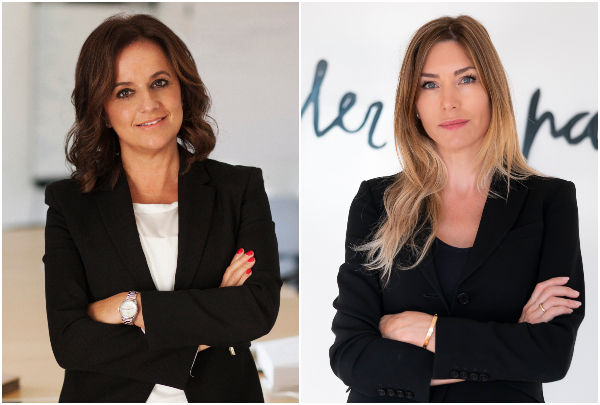
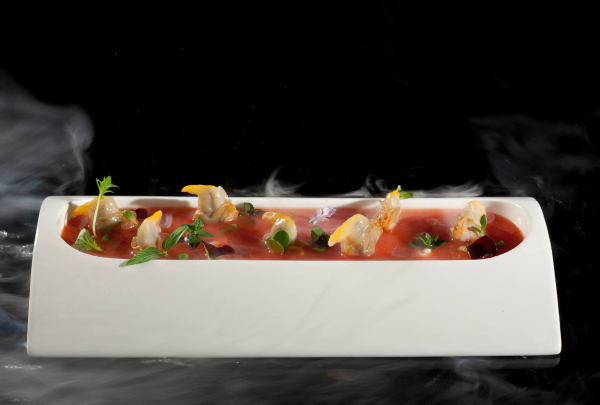
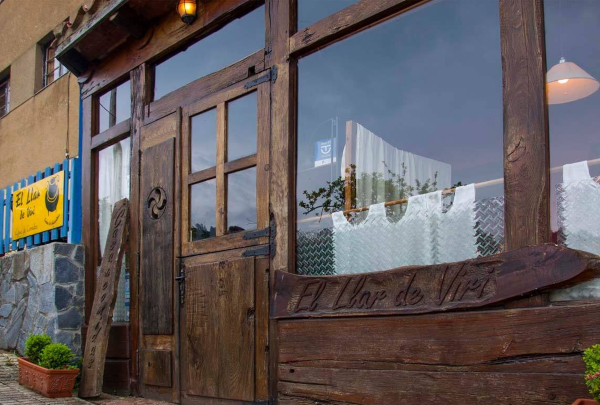
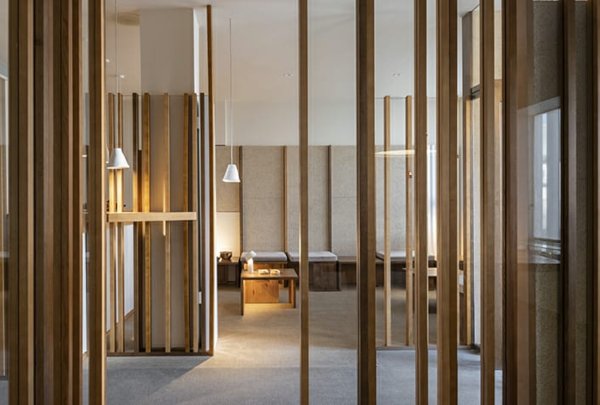
.jpg)
